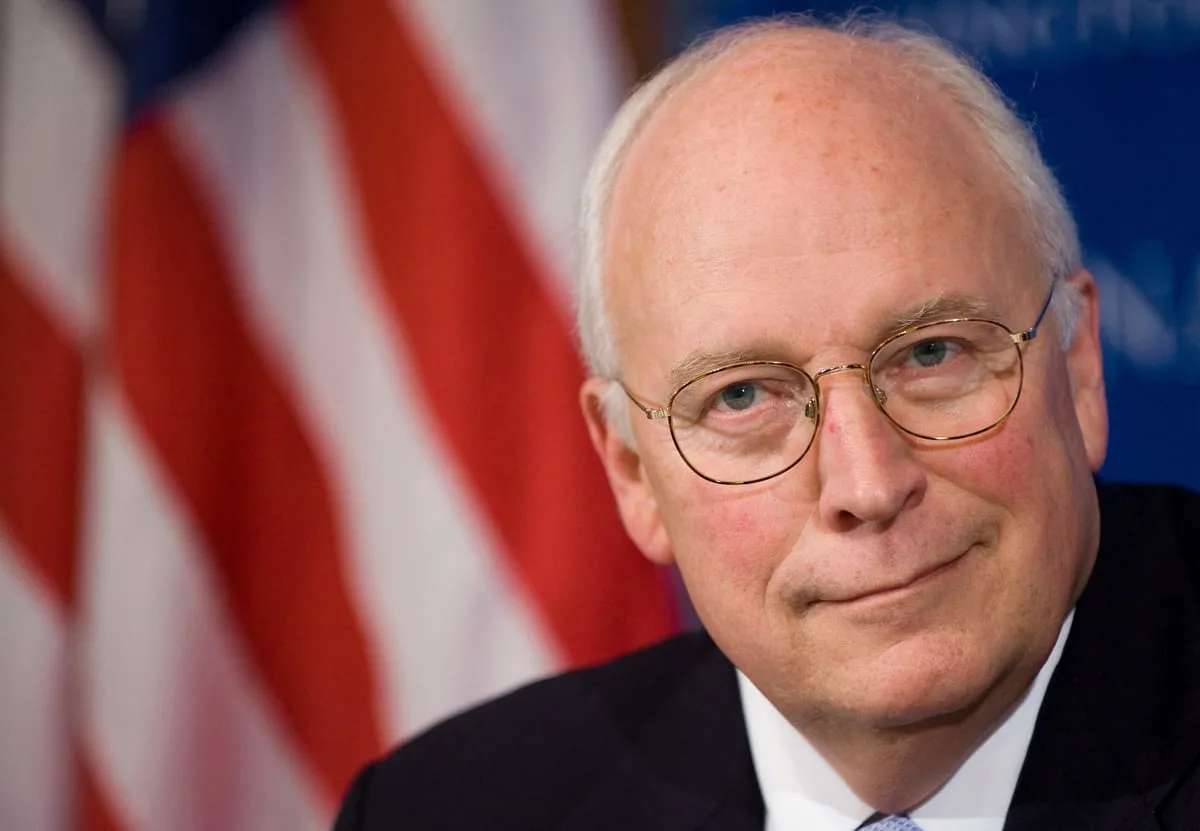Foreign News
Former US vice president Dick Cheney, key figure in post-9/11 era, dies at 84

Former United States Vice President Dick Cheney, a dominant force in American politics who helped shape the country’s response to the September 11 attacks and the subsequent wars in Afghanistan and Iraq, has died at the age of 84.
According to the BBC and other major news outlets, Cheney passed away on Monday night from complications related to pneumonia and long-standing cardiac and vascular disease. His family confirmed his death in a statement released on Tuesday.
“Richard B. Cheney, the 46th Vice President of the United States, died last night, November 3, 2025. He was 84 years old,” the statement read. “His beloved wife of 61 years, Lynne, his daughters, Liz and Mary, and other family members were with him as he passed.”
The family described him as “a great and good man who taught his children and grandchildren to love our country, and to live lives of courage, honour, love, kindness, and fly fishing.”
Born in Lincoln, Nebraska, in 1941, Cheney’s public service career began during the Nixon and Ford administrations. He served as White House Chief of Staff under President Gerald Ford and later represented Wyoming in the U.S. House of Representatives for a decade.
In 1989, he became Secretary of Defence under President George H.W. Bush, overseeing the U.S.-led coalition victory in the 1991 Gulf War.
Cheney re-entered the White House in 2001 as Vice President under President George W. Bush. Often described as one of the most powerful vice presidents in U.S. history, he was instrumental in driving the administration’s national security agenda following the 9/11 terrorist attacks.
He was a key proponent of the “war on terror,” supporting the invasion of Afghanistan and advocating strongly for the 2003 U.S. invasion of Iraq — decisions that defined his legacy and drew both praise and intense criticism worldwide.
In retirement, Cheney remained active in political commentary and became one of the Republican Party’s most outspoken critics of former President Donald Trump. In 2024, just months before the U.S. presidential election, he publicly endorsed Democratic candidate Kamala Harris, warning that Trump represented a threat to American democracy.
Dick Cheney is remembered as a towering, if polarising, figure whose influence on U.S. defence and foreign policy left an indelible mark on the early 21st century.


